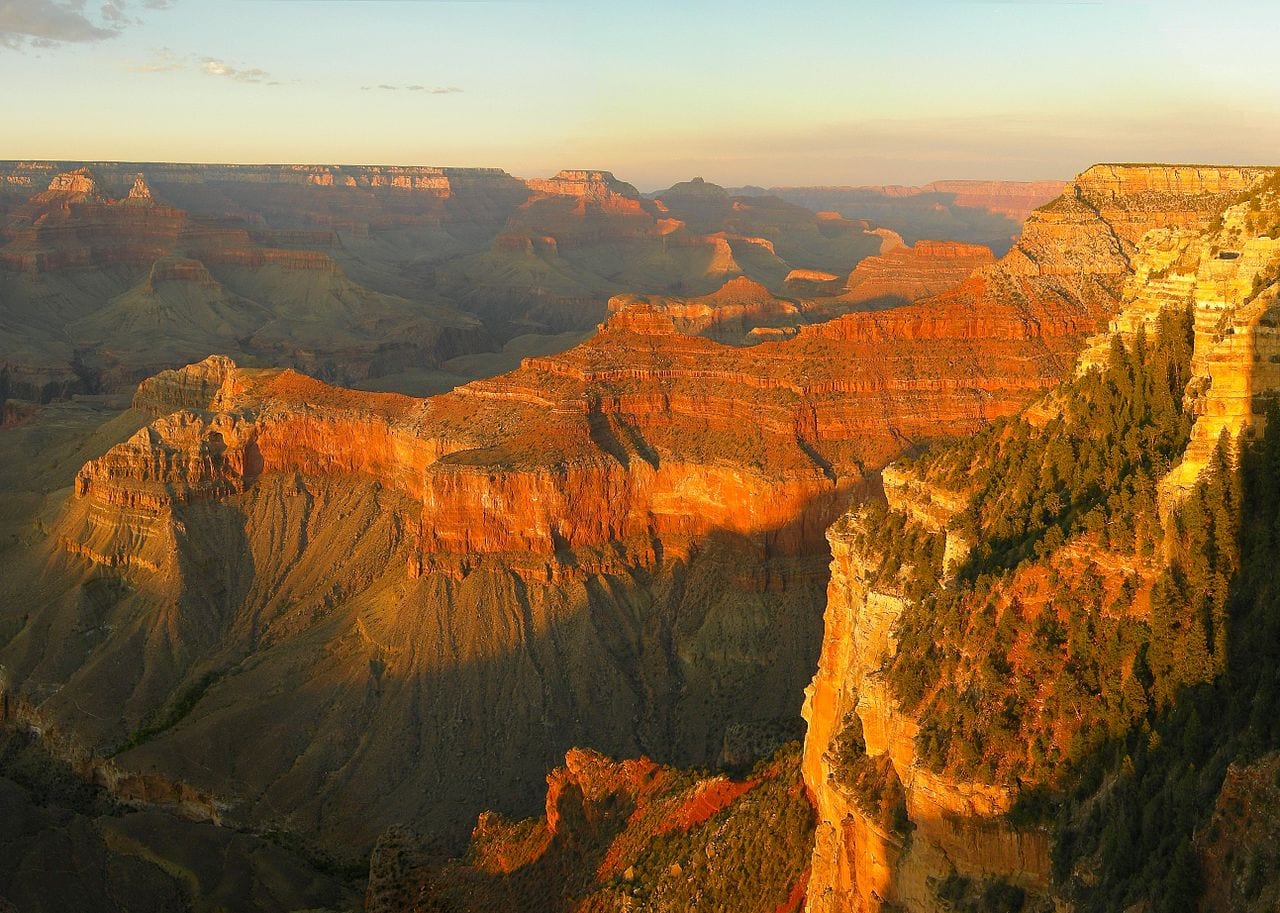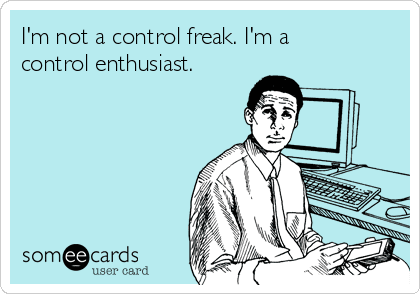So here’s the thing: I function really damn well until I don’t. And when I don’t, sometimes, it is so alien to me as an experience that it causes me to catastrophize. I mean, if I can’t manage my own life, there must be something seriously wrong, right?
What it really means is that I have a hard time understanding the context of everything that is going on in my life sometimes. I have a hard time really grasping that adding just one more thing might be too much. And that’s when my body steps in to kick me off the treadmill and shut that shit down.
This morning, I had a panic attack. I haven’t had one of those in 15 years or more, and I’ll be honest with you – I spent the first two hours trying to talk myself out of it and the next five hours getting an EKG, chest x-ray, blood and urine tests and talking to an array of absolutely lovely, caring, professional health care workers who confirmed for me that my heart is healthy and I am physically well and maybe I want to step back and look at what’s happening in my life and see where I can ask for help.
And my life is really wild right now. In the last three weeks, it has been moving at warp speed – my youngest and her boyfriend are moving out and leaving the state altogether, my oldest is feeling firmly settled in her life and has no plans to come back to the state to live, I revised – well, really, mostly wrote – a new manuscript in the space of four days, and I am starting over – really starting over. I am selling my house and leaving Seattle – a town where I’ve lived for more than 25 years, selling my furniture and my car, and packing up to go find a house at the beach, closer to family. It’s a lot.
But here’s the kicker: my mom’s birthday is tomorrow. And it’s her first birthday since she died last June. And it’s really tearing me apart, but I don’t know how to explain it. To you or myself.
My mom had Alzheimer’s and, to be clear, I haven’t celebrated her birthday with her in five years at least. She didn’t know who I was or that it was her birthday. I couldn’t send her gifts because she didn’t read anymore, and clothes and slippers would just get stolen from her room in the memory care facility she lived in. Flowers made her sneeze. I would wake up, sing a quiet Happy Birthday to her in my room, light a candle for her, and tell her husband I was thinking of her, but I didn’t celebrate her birthday with her for years. And it’s not like I ever had any illusion I’d ever get the chance to again. But also, she died in June and I hadn’t seen her, held her hand or smiled at her or anything in over six months because of Covid restrictions. And tomorrow is her birthday.
I sat in the exam room this afternoon, hooked up to a heart monitor, stiff gown gapping open, practicing mindful breathing, wondering what the hell? I was pretty sure I’d had a panic attack, the stiffness and discomfort in my left shoulder blade laying there like a cast iron skillet, but why? I just finished writing a manuscript that the editor said he “can’t wait to publish.” My youngest and her boyfriend are launching their successful music careers after working their butts off in isolation in 2020. My oldest is happy and settled and has built a loving community for herself. I’m finally going to realize my dream of living at the beach. These are happy things!
But they are stressful. It is so easy for me to gloss over the reality that we’re doing all these things during a global pandemic, at a time when we’ve proven to our fellow citizens how little we really care about them when it comes down to choosing between ourselves and our money and our communities. Sitting with how much my heart hurts that we can’t manage to find ways to care for each other that are profound and meaningful and sustainable is something I do silently every day. It is the constant backdrop of every decision I make – how can I safely help the kids move? How can I make sure that the food we get at the food bank also gets distributed to mutual aid groups who need it? What happens if one of the kids gets Covid and I’m far away from them?
So here’s the thing: all of the situations and circumstances in my life are a lot without the events of the last year. They are overwhelming in and of themselves. But somehow, I fell prey to the notion that we all just need to keep going along to get along. That continuing to put one foot in front of the other is the thing to do, the only thing to do. But we have to stop and acknowledge the weight of it all, the grief and the loss and grapple with the unimaginable because the unimaginable is happening around us every single day, all day long. I’m not sure what that looks like, or how to build it in to my days, but after today, I know I have to figure something out.
And doing it on my mom’s birthday feels like a pretty fitting way to honor her.


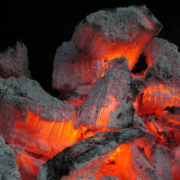
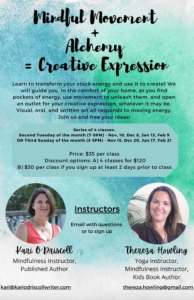
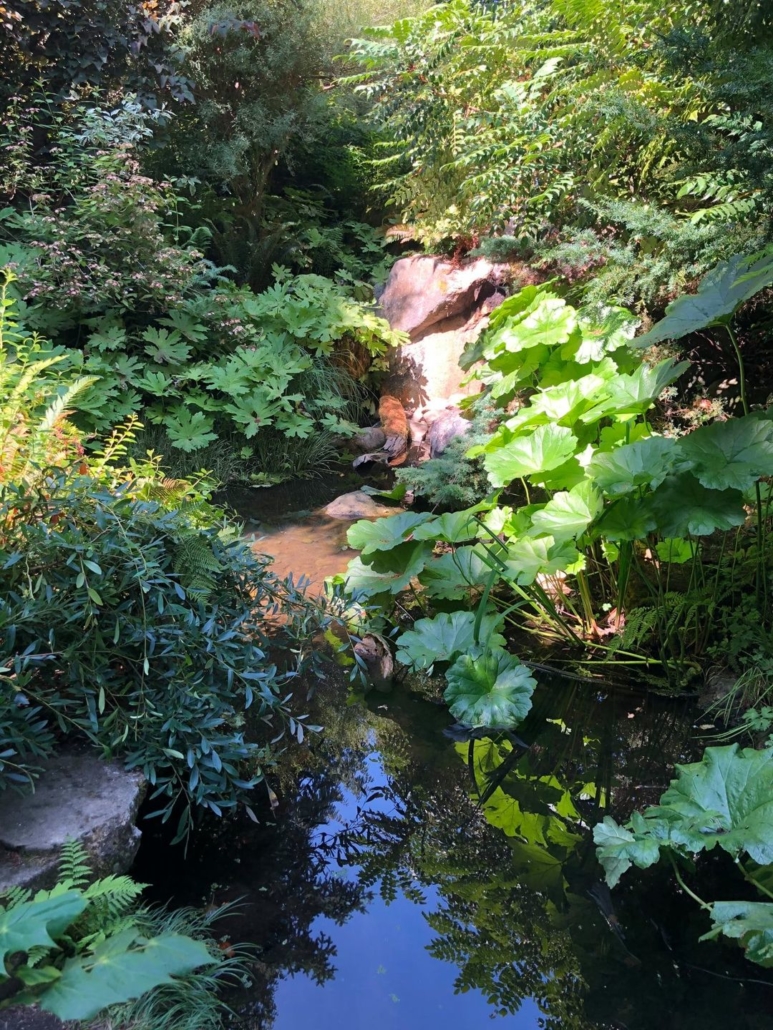
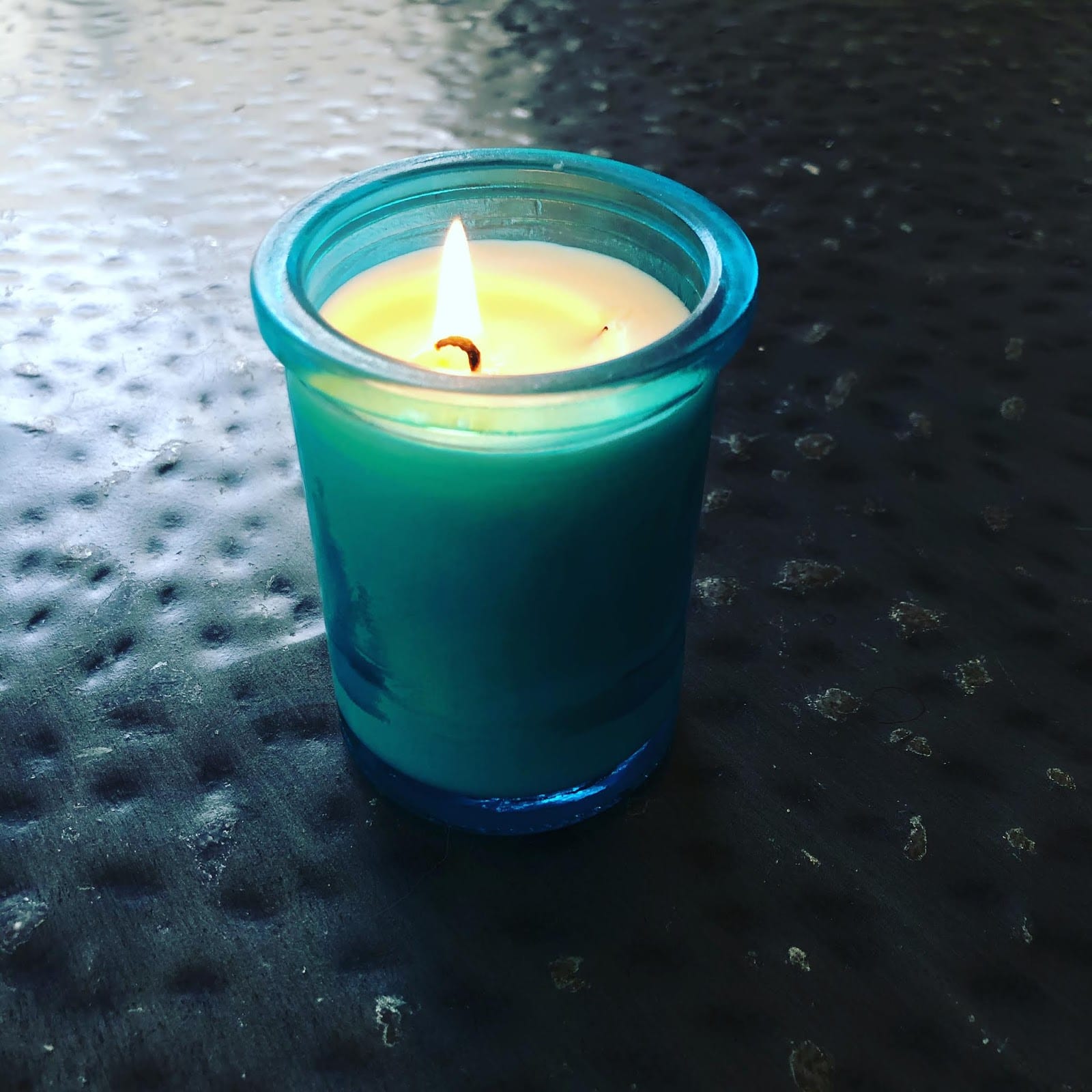
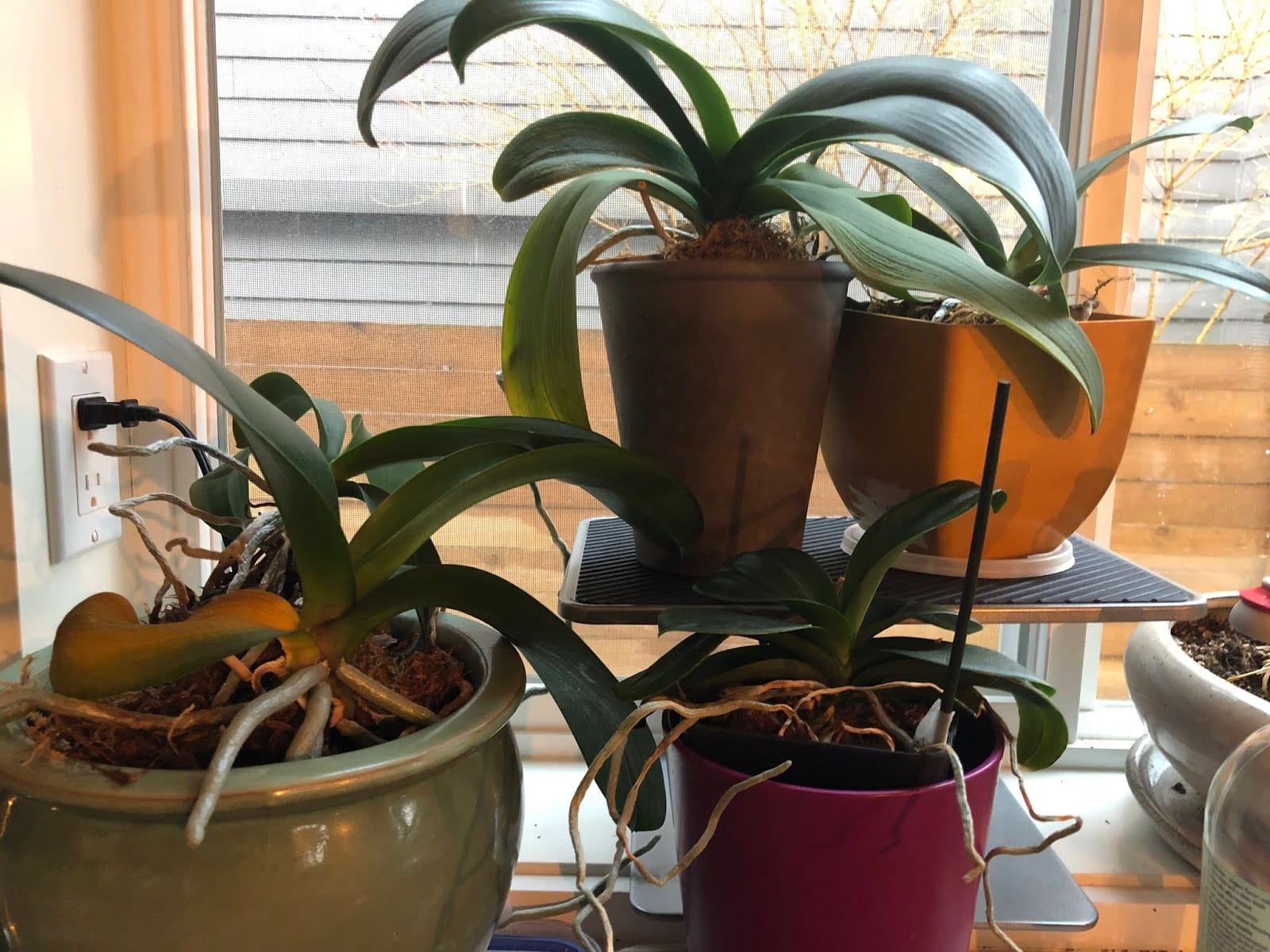
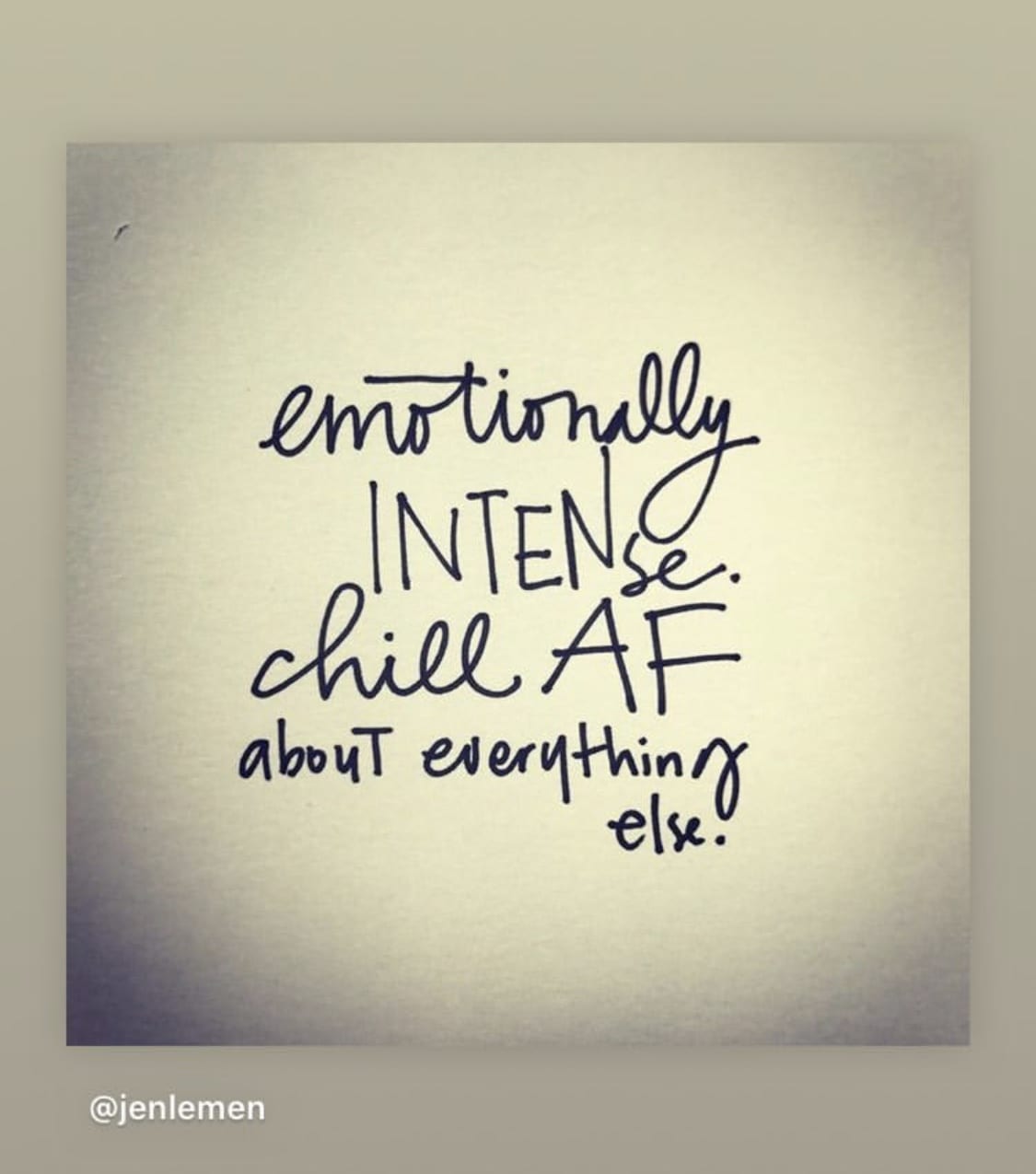 I am writing my way in to my body. This is difficult, but not counterintuitive. In the last ten years or so, I’ve discovered that what I used to think was counterintuitive was simply fear. Instead of doing what I was told to do (don’t poke at that, don’t examine the pain, pretend it isn’t there or deny it or minimize it) for most of my life, I have learned that opening up, asking questions, and leading with curiosity is actually the most intuitive thing I can do.
I am writing my way in to my body. This is difficult, but not counterintuitive. In the last ten years or so, I’ve discovered that what I used to think was counterintuitive was simply fear. Instead of doing what I was told to do (don’t poke at that, don’t examine the pain, pretend it isn’t there or deny it or minimize it) for most of my life, I have learned that opening up, asking questions, and leading with curiosity is actually the most intuitive thing I can do.